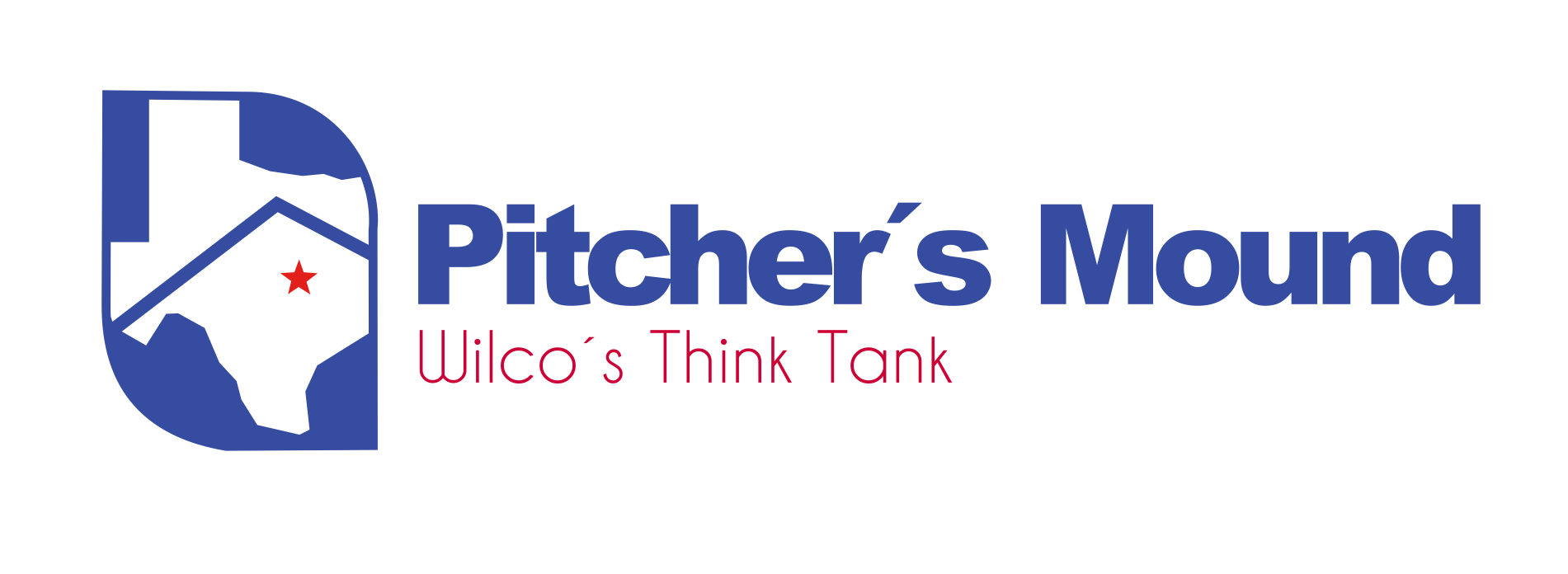Child Opportunity Accounts Could Expand Opportunity and Financial Capability for American Children And Boost Upward Mobility for Working Families
- Matt Pitcher

- Aug 13, 2025
- 2 min read
Updated: Aug 24, 2025

Despite America’s long-standing reputation as the land of opportunity, social mobility in the United States has declined in recent decades, leaving millions of children from low-income families unable to climb the economic ladder.
Many young Americans face a combination of limited access to resources and low levels of financial literacy, preventing them from fully realizing their potential. These structural barriers not only perpetuate inequality but also stifle economic growth by leaving untapped talent behind.
To address these challenges, Pitcher's Mound has discovered research outlining an innovative new proposal for Child Opportunity Accounts (COAs) that would help young Americans build both the financial resources and knowledge that they need for long-term success.
The report, authored by Ben Ritz and Alex Kilander, emphasizes how this program can complement existing anti-poverty initiatives while fostering self-sufficiency and economic opportunity.
“Other proposals to promote childhood savings don’t equip young Americans with the financial education needed to properly leverage and continue growing those savings,” said Ben Ritz, Vice President of Policy Development and Director of the Center for Funding America’s Future.
Child Opportunity Accounts are a fiscally responsible, forward-thinking solution to give children from working families access to the same financial resources and skills-building opportunities enjoyed by their wealthier peers.”
Key Features of Child Opportunity Accounts:
- Universal Accounts: Every child receives an account with a $700 initial balance at birth, managed by a private partner institution and invested in a diversified portfolio to generate strong real returns. This universality bypasses the administrative burdens of determining a child’s eligibility and builds political durability by ensuring that every family can benefit from a COA.
- Progressive Government Contributions: Annual deposit of up to $700 for children in households earning less than 400% of the federal poverty line, giving the greatest support to those least likely to benefit from intergenerational wealth.
- Integrated Financial and Civic Education: Integrated financial literacy resources, skills assessments, and use restrictions for young adults encourage beneficiaries to responsibly manage and grow their wealth. Additional accountability measures strengthen the civic compact by reinforcing young Americans’ responsibility to positively give back to the nation.
- Fiscally Responsible: This COA proposal would cost less than half as much as other “baby bonds” proposals, doesn’t rely on expensive budget gimmicks or regressive tax incentives, and includes suggested offsets to ensure the wealth created by these accounts is not canceled out by a higher national debt.
“This isn’t just about providing financial assistance,” said Alex Kilander, policy analyst at PPI’s Center for Funding America’s Future.
“By tying the program to financial education, we’re empowering young Americans to take charge of their futures.”
Pitcher's Mound also suggests exploring adding a national service component so that not only is financial literacy built / required to access these funds, so is giving back to one's community which also fosters connectedness to society and an expectation of service to others for generations.
The how much, which orgs qualify, etc can all be worked out and could be determined by local needs.






Comments